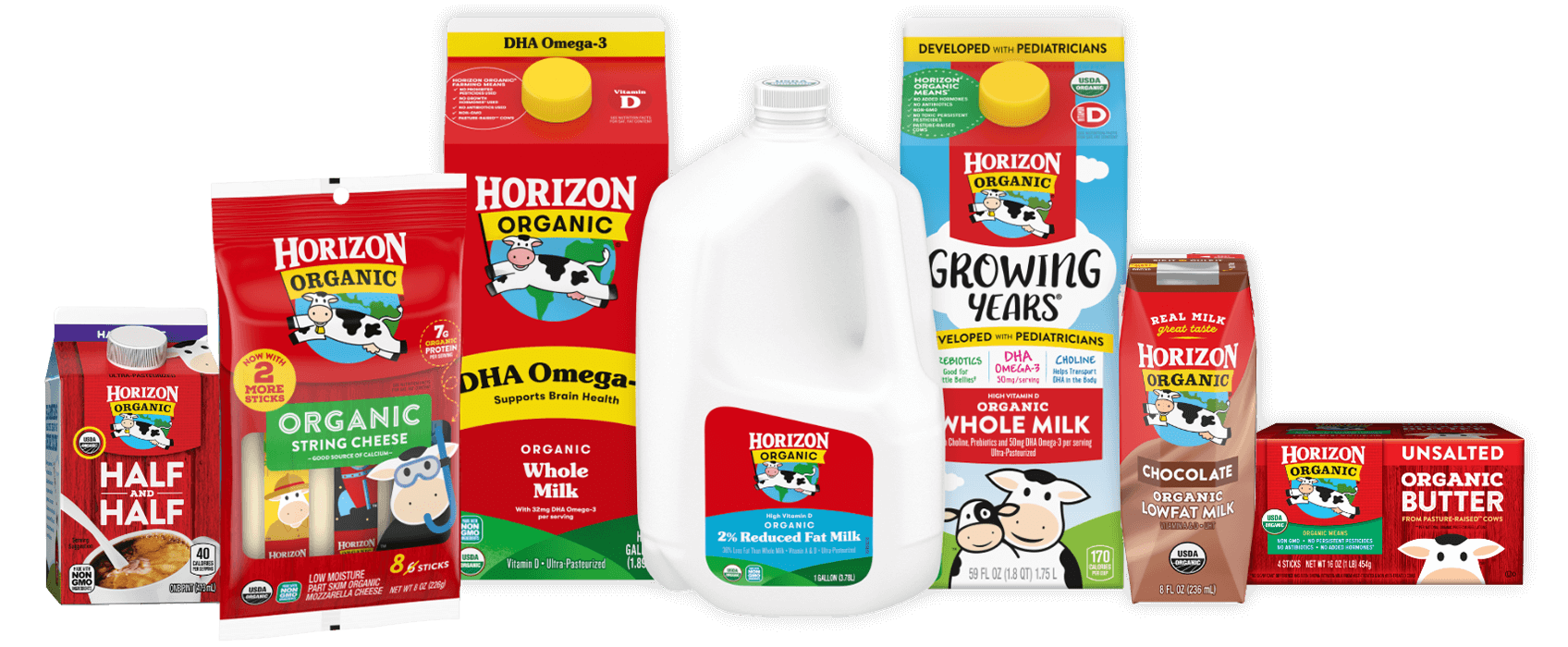

Dairy is made up of water, fats, carbohydrates, proteins, and a variety of vitamins and minerals. The predominant carbohydrate, or “sugar” in dairy is called lactose. Lactose is found in varying amounts of milk, cheese, yogurt, cottage cheese, ice cream, and other dairy products.
Normally, when lactose is consumed, our bodies make an enzyme called lactase. Lactase is released in our small intestines and helps to break down lactose so it can be taken up by our bodies and used for energy.
Some people’s bodies are not able to breakdown or digest lactose as their bodies only make a small amount of lactase or may not make any lactase at all. For these individuals, when lactose is consumed but not broken down and absorbed properly, it continues through the intestines where bacteria are able to use it for a source of energy. As the bacteria digest the lactose, individuals may experience symptoms including gas, nausea, vomiting, bloating, “rumbling” belly sounds, belly pain, and diarrhea. The symptoms vary from person to person, ranging from mild to severe. Severity of symptoms may also be dependent on the amount of lactose consumed. While some people may be able to consume small amounts of lactose and may only have mild symptoms, others may not and can experience more severe symptoms. The occurrence of these symptoms and the inability to break down lactose is called lactose maldigestion or lactose intolerance.
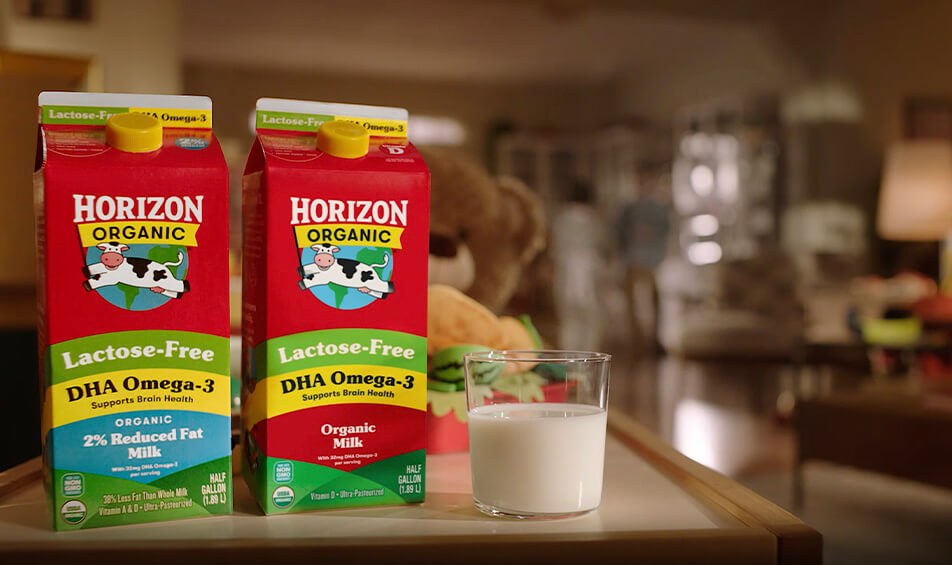
Babies typically make high amounts of lactase, but this enzyme can decline or even become fully absent later in life. A lactase deficiency likely doesn’t develop until later in childhood, typically after the first 10 years of life. Different populations are also more affected than others, varying across racial and ethnic groups. Issues with breaking down lactose is lowest in those from European countries and higher in those of African, Asian and Native American descent.
If you suspect you or your child has an issue with digesting lactose, always consult your medical professional. Diagnosis and treatments should always be overseen by a doctor. There are certain diagnostic tests your doctor may use to help determine if you have lactose maldigestion or intolerance. They may also look at other conditions that have similar symptoms as lactose intolerance to help rule out other issues.
If your doctor determines you are lactose intolerant, they will likely recommend you avoid lactose containing foods and drinks. They may recommend that you take a lactase enzyme pill if you plan to consume products with lactose. They may also recommend you only consume lactose-free dairy products to help reduce and avoid unwanted symptoms. Many lactose-free dairy products have already had the lactase enzyme added to help break down the lactose. Because dairy is a readily available source of other very important vitamins and minerals, like vitamin D and calcium, it is important to make sure these are still being consumed in adequate amounts.
No, lactose free products are not the same as dairy free products. Lactose free products, especially lactose free milk, may still contain dairy proteins. Someone who has a dairy allergy, which is different than lactose intolerance, should not consume lactose free milks as they still contain dairy proteins that cause an immune response and can be life threatening. Dairy allergies often appear within the first year of life while lactose intolerance generally occurs later in life, causing the uncomfortable symptoms discussed above.
All Parent Resources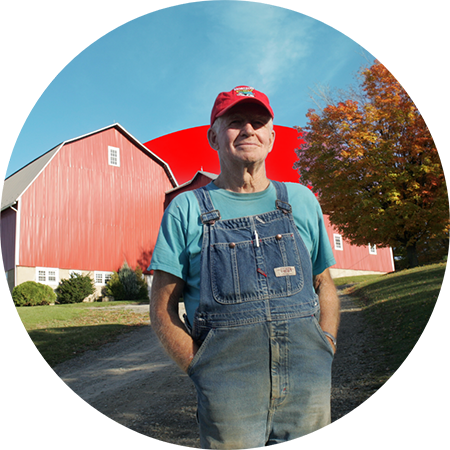
Our farmers roll up their (flannel) sleeves and go the extra mile.
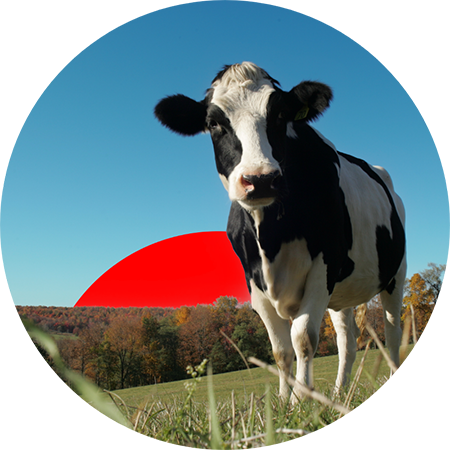
We’re always thinking about how we can make life better for our cows.
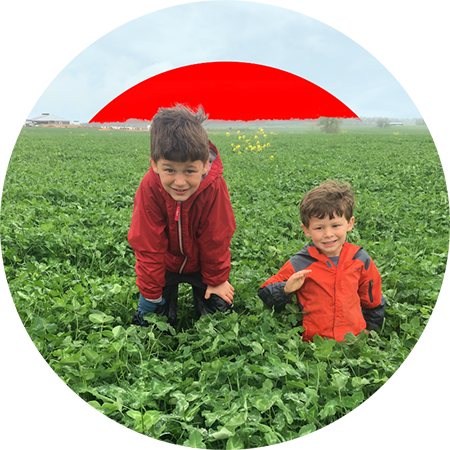
We’re cutting our carbon footprint and finding smarter ways to farm.
